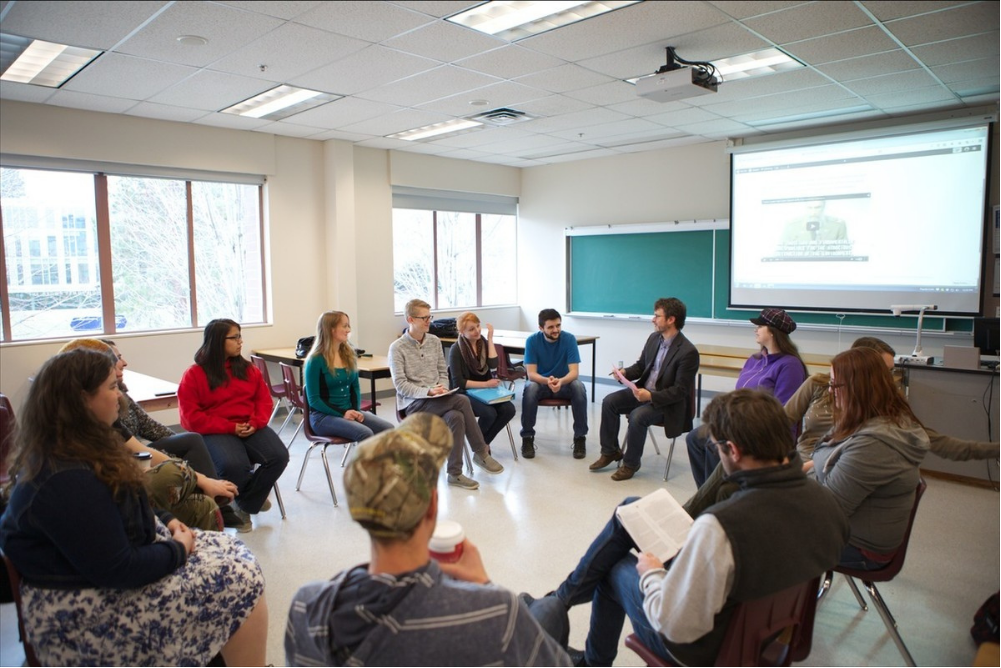Research Networks & Mentorship
This module is designed to help you build a strong research network and develop meaningful and sustainable student-faculty mentor relationships. You will explore strategies for connecting with professors and peers, within and beyond the university; engage in collaborative research; and become an active member of a community of scholars. The module is divided into four sections, each building upon the previous one to support your growth as a researcher.
Course Features
What you’ll learn
Source: Parts of this module are an adaptation of the following open education resource: GO-GN Guide to Doctoral Supervision
Farrow, R. (ed.), Ashman, M., Baff, D., Bozkurt, A., Dubien, D., Eldridge, B., Elias, T., Iniesto, F., Jacobsen, M., Jhangiani, R. S., Johnson, K. R., Johnston, S. L, Katz, S., Khetarpal, M., Mayisela, T., McGreal, R., O’Reilly, J., Peramunugamage, A., Pete, J., Pitt, B., & Vladimirschi, V. (2024). The GO-GN Guide to Doctoral Supervision. Global OER Graduate Network / Open Education Research Hub. https://go-gn.net/gogn_outputs/go-gn-guide-to-supervision/
Learn the Art of Academic Research
Gain the skills to navigate, evaluate, and synthesize scholarly literature, ensuring your research is grounded in credible and relevant sources.
Build a Strong Foundation for Your Literature Review
Learn how to effectively identify key themes, trends, and gaps in the literature, positioning your work at the forefront of academic conversations.
Boost Your Research
Confidence
Through interactive activities, this module equips you with the tools and strategies to conduct thorough, impactful literature reviews that stand out.
Here’s What’s Covered
Explore These Resources to Enhance Your Research Skills
Stay Updated!
Stay in the loop with the latest news, resources, and updates from the Research Hub. Get alerts for new module releases straight to your inbox.

